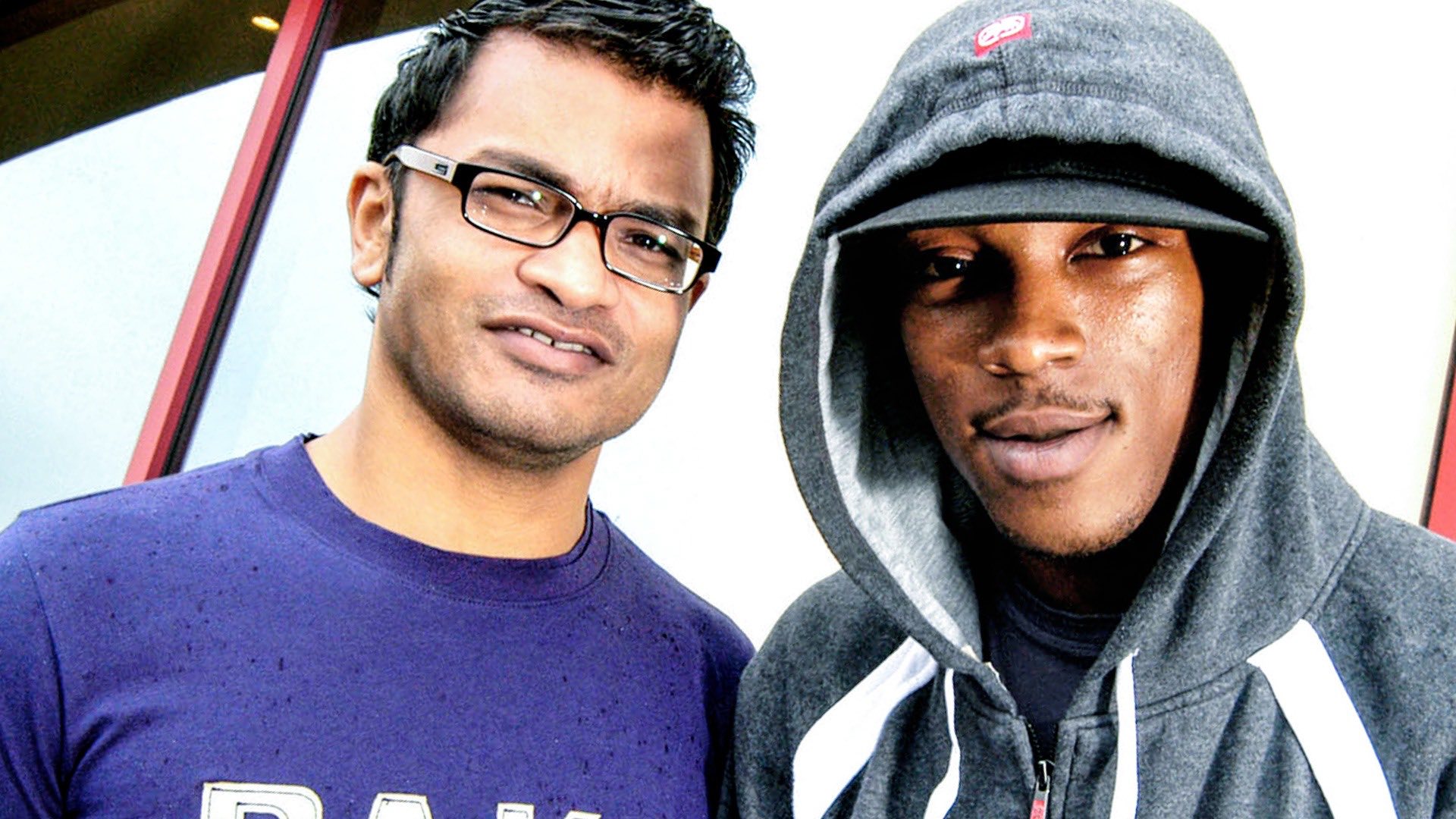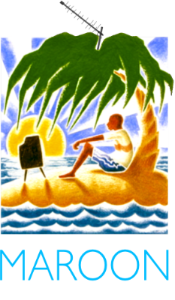Rapper Ashley Walters thought he could reclaim the word ‘nigger’ until he looked into its origins, he tells
Amelia Hill – @byameliahill
Sunday 2nd October 2005
When Ron Atkinson called Chelsea captain and French international footballer Marcel Desailly a nigger, it shocked the world, but it didn’t bother Ashley Walters, also known as MC Asher D from the So Solid Crew.
‘Millions of people in my world use the N-word all the time,’ he said. ‘To us, it’s nothing. I used it as a term of endearment or to indicate that I was of the same blood as the person I was addressing, and that he had achieved something admirable with his life.’
Atkinson was ostracised over his outburst, losing his job as a television pundit and his position as a weekly columnist for The Guardian. The backlash inspired Walters to question how one word could carry the power to offend so many people, while leaving him unmoved.
In Sticks and Stones, a documentary to be broadcast on Channel 4 on Tuesday, 23-year-old Walters, whose time as an aggressive gangsta rap hero was cut short when he received an 18-month sentence at a young offenders’ centre for possessing a loaded gun, travels across Britain exploring how and why racially offensive language has become such an ingrained part of young people’s lives. To his surprise, the experience caused him to re-think his casual use of what he now refers to as ‘the N-word’.
‘I was determined to continue using words like nigger, paki and chink, but I wasn’t prepared for what I would discover,’ Walters told The Observer. ‘The fuss over Ron fascinated me and made me want to investigate why so many people are offended by one little word.’
Since his early release from prison for good behaviour, Walters, a father-of-three, has transformed himself. He has written a biography of So Solid Crew, appeared at the National Theatre in Roy Williams’s Sing Yer Heart out for the Lads and starred in the much-feted Bullet Boy film. ‘I do a lot of work with anti-racist groups that I am very proud of, but I was still certain I could be against racism and use the N-word,’ he said. ‘I didn’t understand how a simple word could divide a nation. I could not believe it could be so wrong to use it.’
Walters grew up watching black American bands such as Niggaz With Attitude throw the term around with impunity on MTV. ‘It quickly became part of my and my brothers’ slang. I wasn’t bothered by the history behind the N-word: my grandmother had to go through the whole big racial battles but I didn’t, so why should it be something I got emotional about? Why should I care?
‘I thought that if I saw the word as a negative one, it would be the same as admitting we had not moved on since those days of racism. I said that people could call me “nigger” if they wanted but I was proud of the life I had made for myself and for my children, and so if that’s what a nigger does, then thank you, that’s what I was proud to be. I was still going to use the word; end of.’
Walters said that, in as much as he ever thought about it, he hoped that by using the word, he was reclaiming it. ‘I can sit here and say we’re reclaiming the word but a lot of things don’t make sense about it. For example, to this day, you hear black people putting each other down with it; using the word “nigga” as a term of endearment but “nigger” for someone who’s lazy and good for nothing. But by talking to people of all races around the country, I realised that using the word in places where black youth culture is strong is completely different from using it in areas of the country where it’s not.’
The moment Walters changed his mind about the use of the word was when he met a little boy in a Plymouth primary school who had a mixed-race mum and a white dad, and had been so badly bullied at school that he was clinically depressed.
‘He told me that the racist way in which people used the word “nigger” to him every day was destroying him and that I wasn’t making it easy by giving people the idea, through my music, that it was OK to use it,’ said Walters. ‘That was the moment I realised that words don’t change their meaning depending on who says them. It hit me then that I was giving racism more longevity by helping to make the N-word seem like a cool, hip word.
‘I began to understand that you can’t say that a word means one thing coming from black people’s lips but has another meaning when it comes from a white person’s. I didn’t realise I was actually making it easier for the racists to use, but when that little boy said what he did, I felt that even though I didn’t feel I was directly reinforcing and promoting racism, maybe I was part of the cycle. I suddenly felt guilty and wrong.’
Walters believes that had he been better educated at school about his forefathers’ history, he would never have begun using the word so thoughtlessly. ‘I think it’s very important that everyone understands the history of that word because then they’ll think a lot more about it. I didn’t know it was the word of the slave master, intended to dehumanise black people and make them feel unworthy of the respect and rights that human beings deserve. It was a form of degradation and now I find it hard to see how we can now claim that using it is a form of celebration.
‘After speaking to all the people I met, I worry that other cultures don’t feel the need to disrespect themselves with words that people used against them. I don’t understand our culture and why we need to use a form of disrespect against ourselves and try to justify it. Just because we have become desensitised to the negative connotations, it doesn’t mean those have been lost.
‘After all my research, I can only say that the impact of slavery and racism is still doing its job well if we have to use the word to each other and joke about it,’ he said.
Despite his epiphany, however, Walters still finds it difficult not to use the word. ‘I still have trouble not saying it because it is still such a normal thing for me,’ he said. ‘It’s down to schools to educate children about their history, especially black history. Schools: teach us!’
Original Story: https://www.theguardian.com/media/2005/oct/02/raceintheuk.broadcasting


